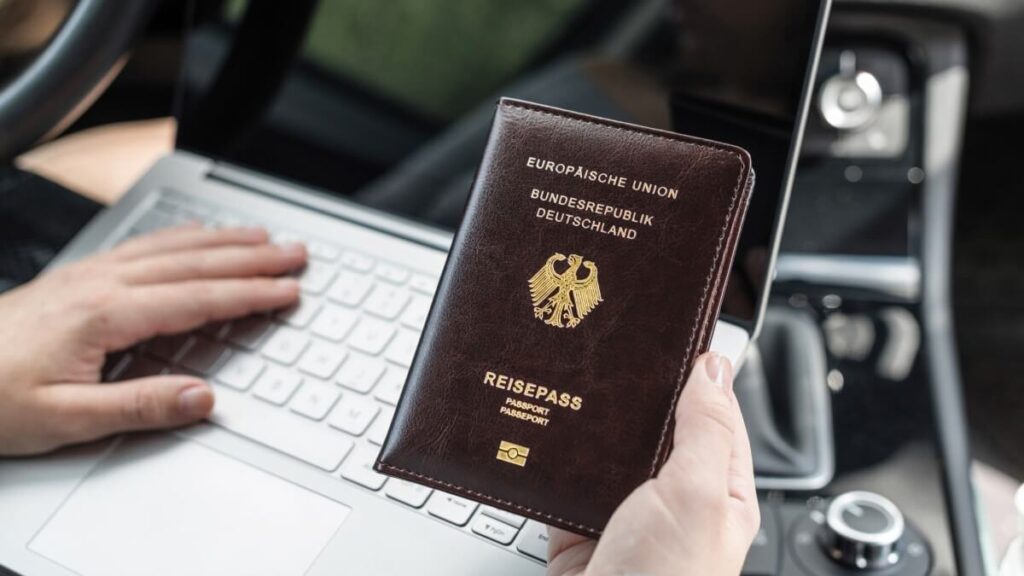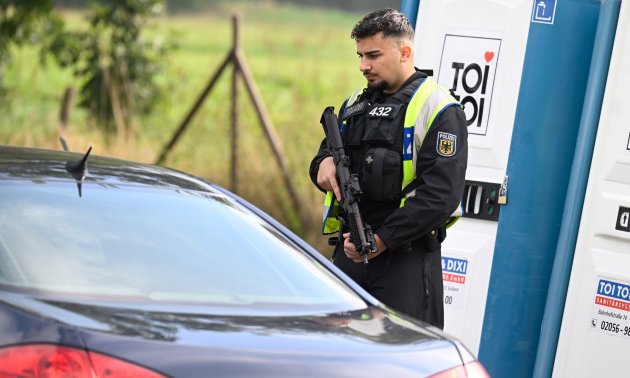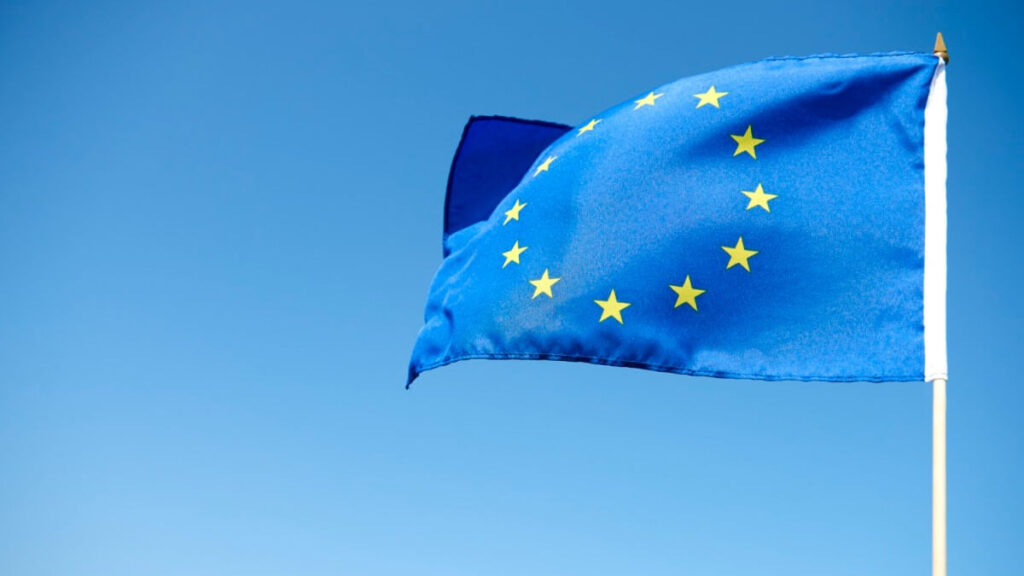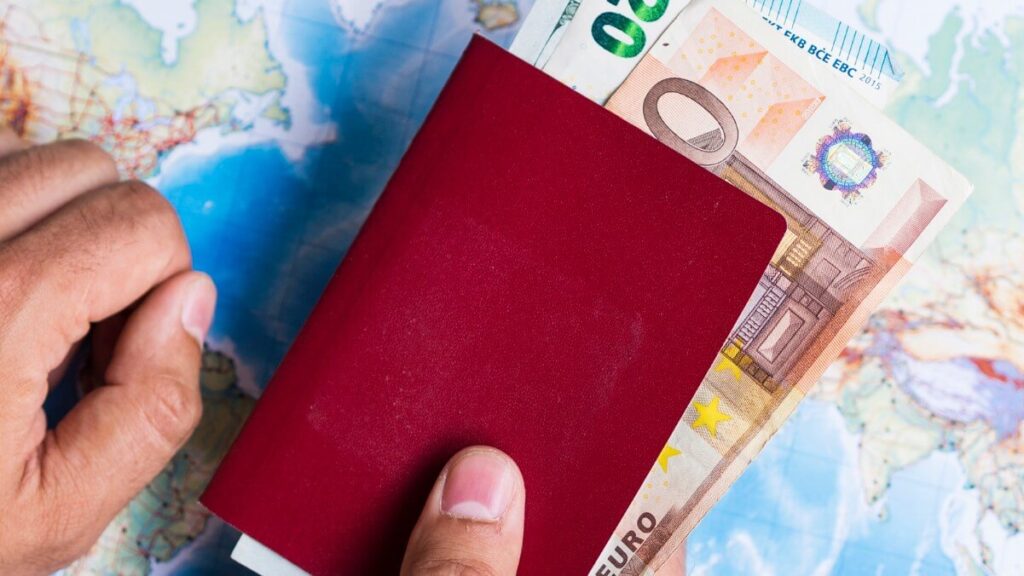
The Netherlands is set to reintroduce border controls at select crossing points starting December 9, 2024, for six months. This measure aims to address irregular migration and human trafficking concerns. Below are key highlights:
- Focus on Limited Checkpoints
- Active checks will take place at a few select crossing points with neighboring countries, Germany and Belgium.
- Duration of Controls
- The controls are temporary, initially planned for six months, but could be extended depending on the situation.
- Marechaussee Oversight
- The Dutch Marechaussee, a national gendarmerie, will enforce stricter inspections at targeted locations while minimizing disruption to commuters and economic traffic.
- Reason for Implementation
- This decision aligns with measures already in place by Germany and France, emphasizing the need to tackle secondary migration and trafficking networks.
- Concerns from Employers
- Dutch businesses and municipalities, particularly in border areas, worry about potential economic and logistical disruptions caused by these controls.
- Commitment to Free Movement
- Authorities aim to balance the necessity of border controls with preserving the principles of free movement within the EU.
- Comparisons to Neighboring Measures
- Germany’s similar controls reportedly reduced irregular migration, suggesting potential success for the Netherlands.
- Compliance with Schengen Code
- The Netherlands ensures adherence to the Schengen Borders Code, which permits temporary border controls in exceptional circumstances.
- Economic and Social Impact
- Policymakers are closely monitoring the impact on cross-border commuters and trade routes to mitigate negative outcomes.
- Evaluation and Adjustments
- Authorities plan to evaluate the effectiveness of these controls and make adjustments as necessary.
This strategic approach balances security concerns with maintaining smooth cross-border activities.
Don’t Miss Out! Stay updated by emailing us at visa@gogpl.in or visiting www.greenoutdoors.in for the latest info.



